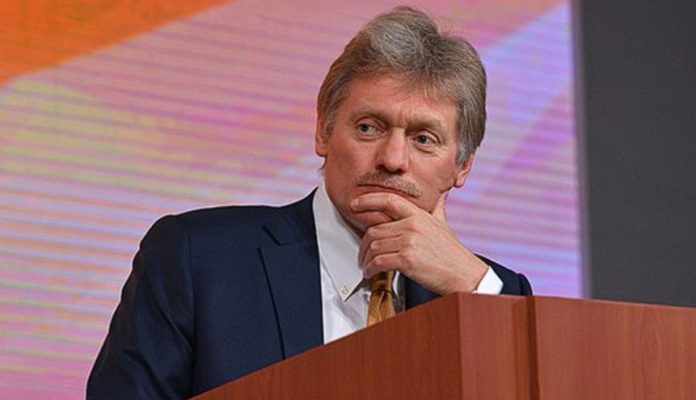The Kremlin did not support Turkey’s proposal to create an alternative to the United Nations.
Turkish Presidential Spokesman Fahrettin Altun wrote in an article dedicated to the 100th anniversary of the establishment of the Republic of Turkey that Turkey is preparing for the creation of a new international structure.
Fahrettin Altun noted that the UN Security Council “and similar international structures are not able to fully solve global problems, and have even started to deepen them and lead to crises.”
However, according to news agencies, Russian presidential spokesman Dmitry Peskov rejected the proposal at a press briefing on 31 October. He said:
We believe that the UN system, despite its great inefficiency on vital issues on the agenda, remains the only and uncontested international mechanism.
He said the Turkish proposal would “require at a minimum international consensus.” Altun, in a commentary published on the Turkish government’s website, said:
It is clear that it is necessary to establish new international organisations, consistent with the spirit of the new century and new era, taking into account new balances. Turkey is making preparations for the new multi-dimensional and multi-actor international conjuncture in accordance with the motto of ‘The World is Bigger than Five’ declared by our President.
“The world is bigger than five” is a slogan that Turkish President Recep Tayyip Erdogan often uses in calls for UN reform. It refers to the five permanent members of the UN Security Council – Britain, Russia, the United States, China and France.
Last week, Erdogan criticised the UN for what he saw as its failure to respond adequately to the deaths of thousands of civilians as a result of Israeli bombing and siege of the Gaza Strip in response to the Hamas massacre of Israelis in early October. However, while Erdogan, in his typical fashion, has unleashed angry rhetoric on the issue, it is clear there are many Palestinian critics who want to see more action and fewer words from Turkey.
In September, Erdogan said the UN Security Council “is no longer the guarantor of international security.” He said the Council had become a battlefield where “the political strategies of five countries” clashed in battle:
We must immediately restructure institutions under the UN roof responsible for ensuring world peace, security, and welfare. We must build a global governance architecture that is capable of representing all origins, beliefs and cultures in the world.
In a 31 October Carnegie Endowment analysis, three analysts – Christopher Chivvis, Alper Coskun and Beatrix Gigan-Breiner – argue that Turkey, a NATO member, seeks to maintain strategic independence by cooperating with Russia and China while maintaining ties with the West.
The analysis, commissioned by Carnegie as part of a series of articles on American Statecraft, notes that Turkey is pursuing a “360-degree foreign policy.” The approach, it states:
Prioritizes flexibility and strategic independence, with the aim of regenerating Turkey’s historical role as a major world power. This was no doubt among the calculations that led Ankara to distinguish itself from the West in its harsh criticism of Israel’s retaliatory actions in Gaza.
Emphasising Erdogan’s words that he trusts the Russians as much as the West, the article continues:
Turkish chief of intelligence Ibrahim Kalin has said that Turkey does not equate engagement with the Kremlin to approval of Russian actions. But Kalin also said that Turkey does not see Russia as a threat. ‘The fact that we are a Nato member, that we are part of the Western alliance doesn’t prevent us from having a good relationship,’ Kalin said.
Noting that US efforts to use tension points to tighten Turkish policy toward China have largely failed, the analysis concludes:
Ankara values alternatives to Western-dominated international organizations. Unlike other Nato nations, Türkiye has expressed an interest in joining both the Shanghai Cooperation Organization [SCO] and the BRICS group. Ankara sees these groupings as vehicles to amplify Turkish influence on the world stage and build out alternatives to the current system. Like many other emerging powers, Turkey seeks a middle course with a flexible foreign policy. Ankara dreams of making itself a global power center again and will seek to leverage strategic competition to create space for its return to the world stage. It is unlikely to turn against Beijing but will seek to deepen relations with the United States when it can, while leaving itself enough room to adapt to changing geopolitical circumstances.
